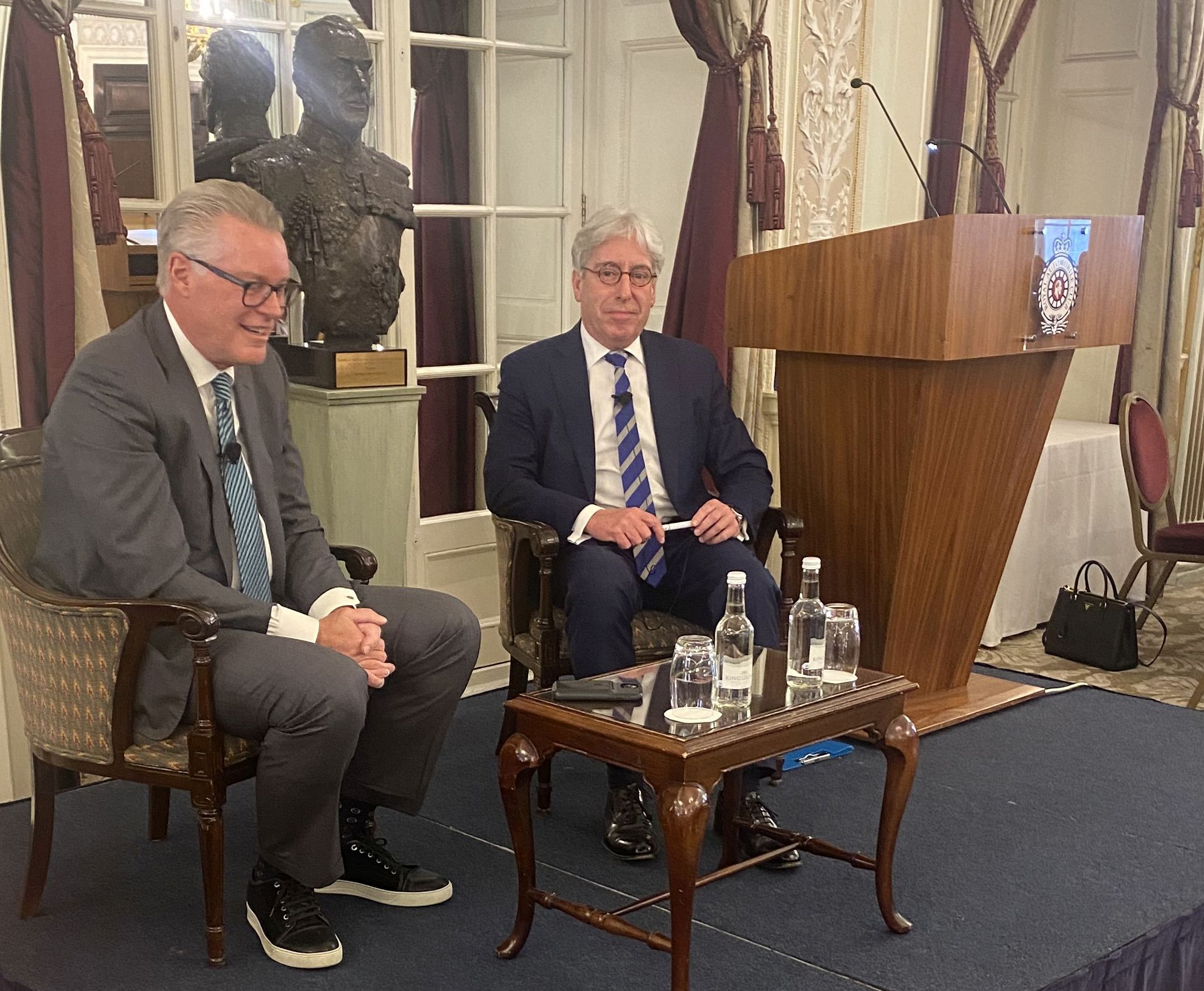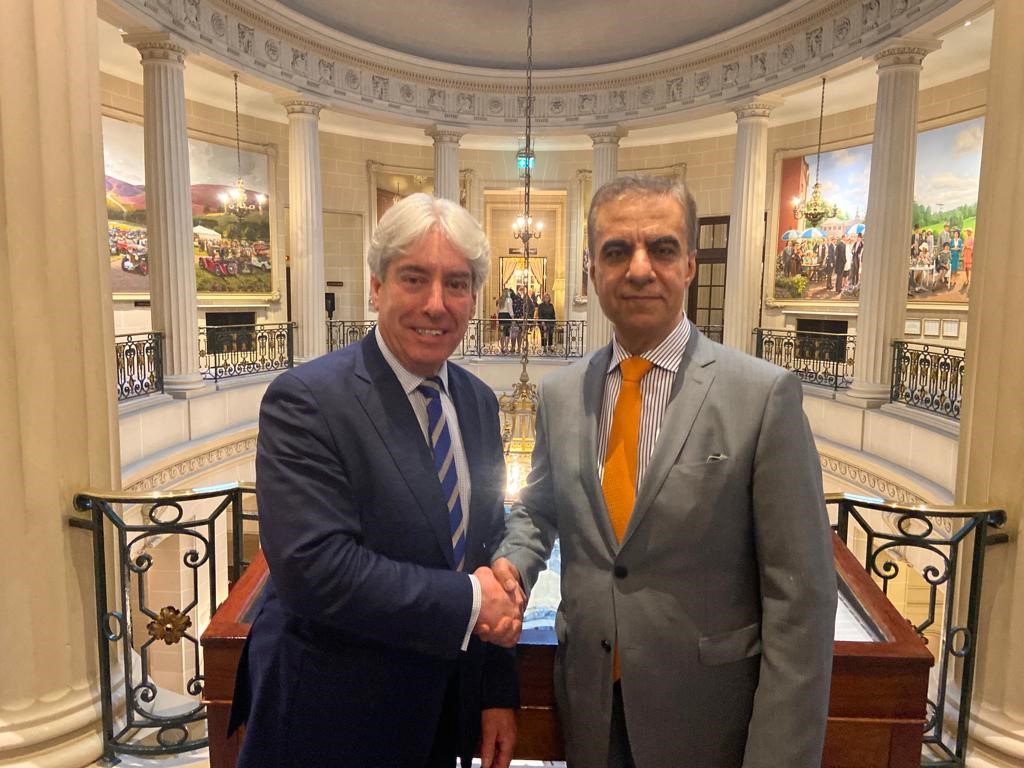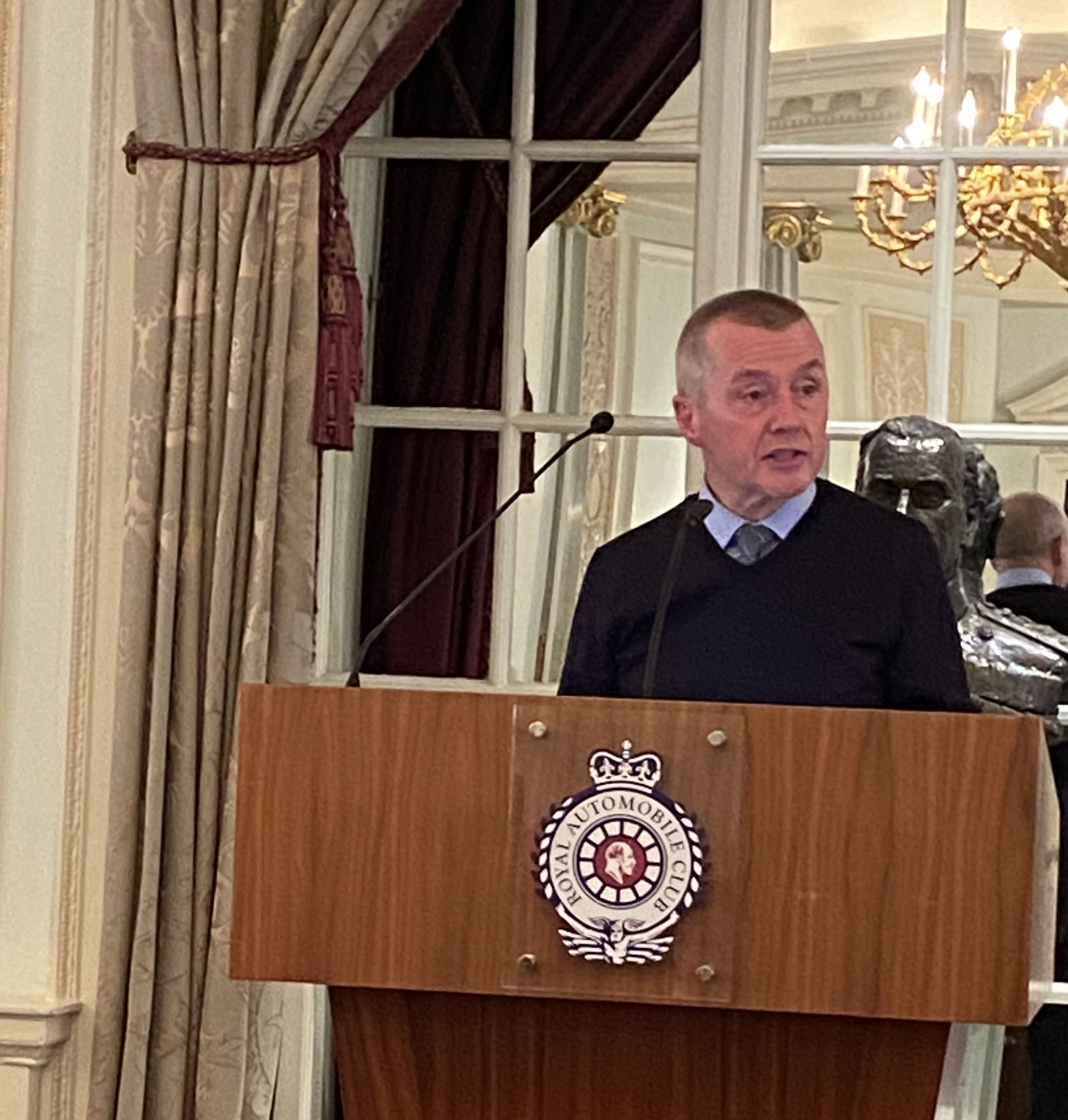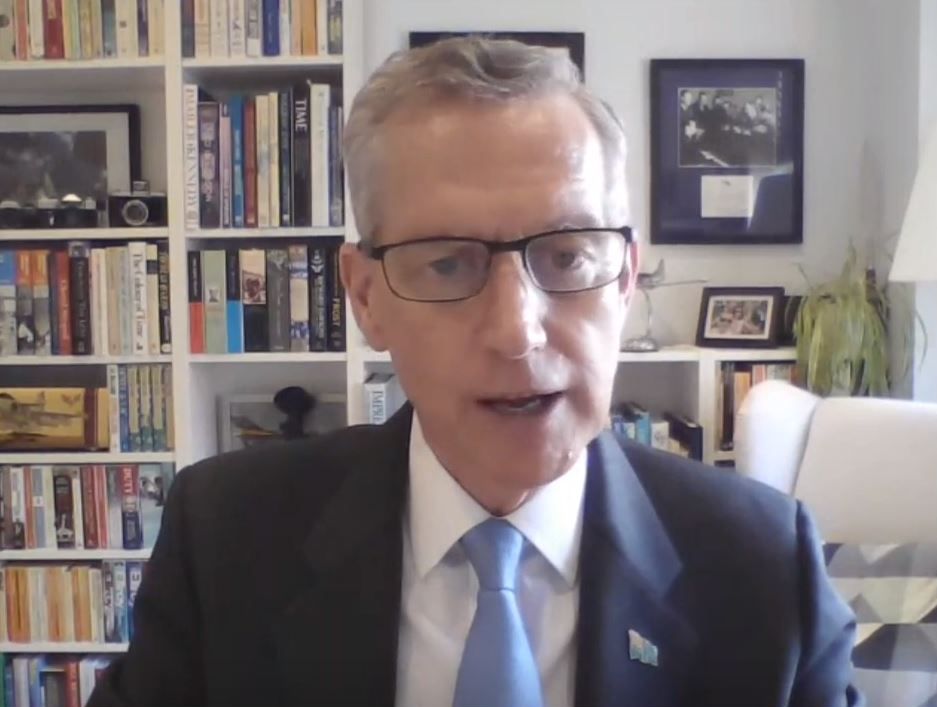Article courtesy of BTN, the Business Travel news. For this and other articles visit https://www.btnews.co.uk/article/18868

A packed Aviation Club lunch on Tuesday 15 March 2022 saw a return of Ed Bastian, CEO, Delta Airlines (he was also guest of honour in 2014) in what was termed a ‘fireside chat’ with Club Chairman Karl Brünjes. No fireside but a good chat. He said that the terrible war in Ukraine had no impact on US originating traffic, noting that 8 March had been the busiest in the airline’s history. “I have not seen a stronger demand day for travel in my career”, he said.
He added that the Russian invasion had prompted a brief drop in sales, but otherwise consumers were not being put off by the rise in the cost of living and other factors, including spiralling fuel costs.
Carriers had weathered the pandemic, he said. “It has been the worst period that companies and the industry has ever been through, but we are through”.
Bastian said he was “not at a point of nervousness” about rising fuel prices. “We have seen $100 (a barrel) for many years over time. We were quite successful when it moved over $100”. He hinted at an impact on fares later in the year pointing out that Delta is not hedged “none of the US majors are, so we need to pass that on to the marketplace”.
He was optimistic. “In the US there is a lot of inflation, and fuel is at record levels, but the US consumer has savings. A lot of the spending has been on home improvements, etc, but there’s now a shift away from goods and services and that’s fuelling demand, not just at the moment, but for the summer”.
Airlines had a role to play in reuniting families and getting the corporate world moving, he said. “We realise the role we play and that is a noble role. Consumers will rally to our side and we are seeing just that”.
In answer to a question from BTN’s Malcolm Ginsberg he made it quite clear that Delta was firmly now established at Heathrow, offered a summer series to Edinburgh and was working closely with partner airline Virgin Atlantic.


 Asked by BTN’s Malcolm Ginsberg whether London was a possibility he said the route was on the airline’s wish list, the carrier already serving Gatwick via Morocco. Sharjah International Airport is less than 20 miles from Dubai International with currently nine flights to London, all wide-bodied.
Asked by BTN’s Malcolm Ginsberg whether London was a possibility he said the route was on the airline’s wish list, the carrier already serving Gatwick via Morocco. Sharjah International Airport is less than 20 miles from Dubai International with currently nine flights to London, all wide-bodied. 





